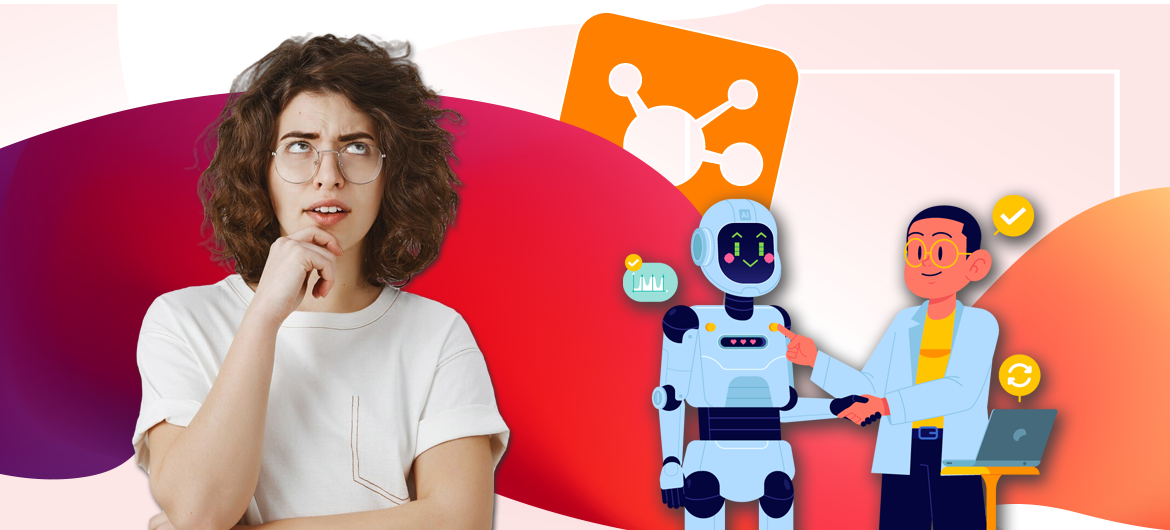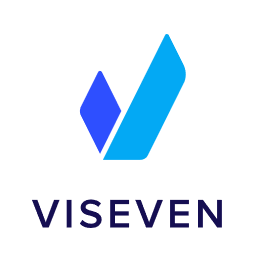
Artificial intelligence (AI) is a major trend of our time. It has broken into all areas, including corporate training, promising revolutionary changes. Almost every day we hear that AI is capable of automating learning processes, personalizing approaches, and even replacing specialists entirely. For many, it looks like the very “magic button” that can solve all problems – quickly, effortlessly, and as efficiently as possible.
But is it really so?
In this article, we will explore what artificial intelligence is really capable of. What tasks it can take on, and where the experience and expertise of an L&D specialist is essential.
How has the role of an L&D specialist changed with the advent of modern AI tools?
Oleksandr Shatkivskyi – Elearning director at SoftServe
The emergence of a wide range of AI tools is fundamentally changing the way L&D professionals approach training initiatives. Apart from the obvious benefits of automating routine tasks, such as analyzing skill gaps or knowledge structuring, or personalizing learning through chatbots, AI is best suited for a specific set of learning efficiency tasks, namely media content creation.
As of now, AI can generate professional video, audio, and graphic materials, as well as provide automatic translation and localization. This opens up the possibility of creating training programs adapted to cultural and linguistic peculiarities without significant time and resources.
For L&D professionals and SMEs, this means new challenges: not only do they need to master the technology, but they also need to remain experts in creating meaningful, human content that goes beyond technical excellence. It is important to remember that despite the obvious effectiveness of AI in the field of knowledge management, the context of interaction is an important success factor for L&D, and therefore emotional engagement and cultural sensitivity remain unchanged!
Artificial Intelligence: Expectations vs Reality
The L&D world is currently experiencing a certain euphoria around artificial intelligence. Some people believe that AI is a magic wand that will solve the overwhelming challenge of corporate learning. However, the reality is more complicated than rosy expectations.
Typical myths about the omnipotence of artificial intelligence in education
![]() Myth 1: “AI can completely replace coaches and training content developers”
Myth 1: “AI can completely replace coaches and training content developers”
![]() Reality: Artificial intelligence cannot take into account the intricacies of corporate culture, understand the true context of the business and its special needs. It cannot create the emotional connection with the audience that occurs during live training. And it cannot instantly adapt the presentation of the material by observing the reaction of the audience.
Reality: Artificial intelligence cannot take into account the intricacies of corporate culture, understand the true context of the business and its special needs. It cannot create the emotional connection with the audience that occurs during live training. And it cannot instantly adapt the presentation of the material by observing the reaction of the audience.
![]() Myth 2: “AI will independently determine what and how to train employees”
Myth 2: “AI will independently determine what and how to train employees”
![]() Reality: While AI is great at analyzing data, it is not capable of setting strategic learning goals on its own. Artificial intelligence does not understand the company’s long-term business goals and cannot fully assess such important aspects as soft skills and employee behavioral patterns.
Reality: While AI is great at analyzing data, it is not capable of setting strategic learning goals on its own. Artificial intelligence does not understand the company’s long-term business goals and cannot fully assess such important aspects as soft skills and employee behavioral patterns.
![]() Myth 3: “It is enough to upload materials to AI and it will create a perfect course”
Myth 3: “It is enough to upload materials to AI and it will create a perfect course”
![]() Reality: Artificial intelligence cannot guarantee the accuracy of the information it generates. Often, it creates rather superficial content without a deep understanding of the topic, missing critical nuances of the subject area.
Reality: Artificial intelligence cannot guarantee the accuracy of the information it generates. Often, it creates rather superficial content without a deep understanding of the topic, missing critical nuances of the subject area.
Understanding these limitations does not diminish the benefits of artificial intelligence. On the contrary, it allows us to more realistically assess its capabilities and build an effective interaction strategy. The strength of a modern L&D specialist is the ability to combine human expertise with AI technological capabilities to create truly effective learning solutions.
What artificial intelligence can really do well
Artificial intelligence cannot replace a corporate training specialist, but it can become a reliable assistant, taking over a significant part of routine processes. It’s like an experienced assistant: it understands the context, learns quickly, and works tirelessly on tasks.
What is artificial intelligence particularly effective at?
 1. Automation of routine tasks.
1. Automation of routine tasks.
Artificial intelligence helps to save time by automating routine tasks. It can create drafts of training materials, questions and answer options for tests, survey questionnaires for collecting feedback, etc. In addition, AI generates scenarios, content ideas, and even images. It is also able to instantly translate materials into different languages, making localization of learning content affordable and fast.
 2. Analytics and personalization.
2. Analytics and personalization.
Artificial intelligence also demonstrates its effectiveness in analyzing and personalizing the learning experience. It is able to process large amounts of data on learning outcomes, identify patterns in behavior, and offer solutions to improve the learning process. AI can also generate personalized recommendations for each employee based on their successes, gaps, and unique needs.
 3. Support and assistance.
3. Support and assistance.
Equally important is the role of artificial intelligence in supporting the learning process. It can answer common questions from employees and explain complex concepts. It helps to find the right relevant materials and generate additional examples for a better understanding of the topic.
Today, artificial intelligence is not only a tool but also a reliable partner in corporate training. It helps to make training efficient and adaptive. But which AI tools really work and help L&D professionals facilitate their daily work?
Together with expert Valentyna Grinchenko, we have compiled a selection of proven AI solutions that will become your indispensable assistants. These tools will help you to quickly create training materials, adapt content to the needs of employees, and optimize routine tasks.
Learn more in the articles:
Why is full automation of L&D using artificial intelligence a utopia?
Despite the rapid development of artificial intelligence technologies, full automation of training and staff development processes remains a utopian idea. This is primarily because learning is a deeply social process that requires emotional intelligence and motivation. And only a human trainer can truly understand the individual context of each employee, become a mentor, and set a personal example.
L&D processes are also extremely complex. They should be closely integrated with the company’s business strategy, take into account its values and corporate culture. In addition, these processes require constant adaptation to changes in the business and skillful balancing of the interests of various stakeholders. This is a task that only an experienced professional can handle.
It is also essential to understand the technological limitations of AI. It is unable to create truly innovative solutions because it works on the basis of existing data. Artificial intelligence still lacks an understanding of complex cause-and-effect relationships, cannot make ethical decisions, and often fails to take into account important contextual nuances.
Of course, the importance of human expertise in L&D cannot be underestimated. Professionals are needed for critical evaluation of AI-generated content, strategic planning of training programs, and talent development. The role of humans is especially important in dealing with resistance to change and solving difficult situations that arise in the learning process. Therefore, the future of L&D is not about full automation, but about a smart combination of human experience and artificial intelligence capabilities.



































